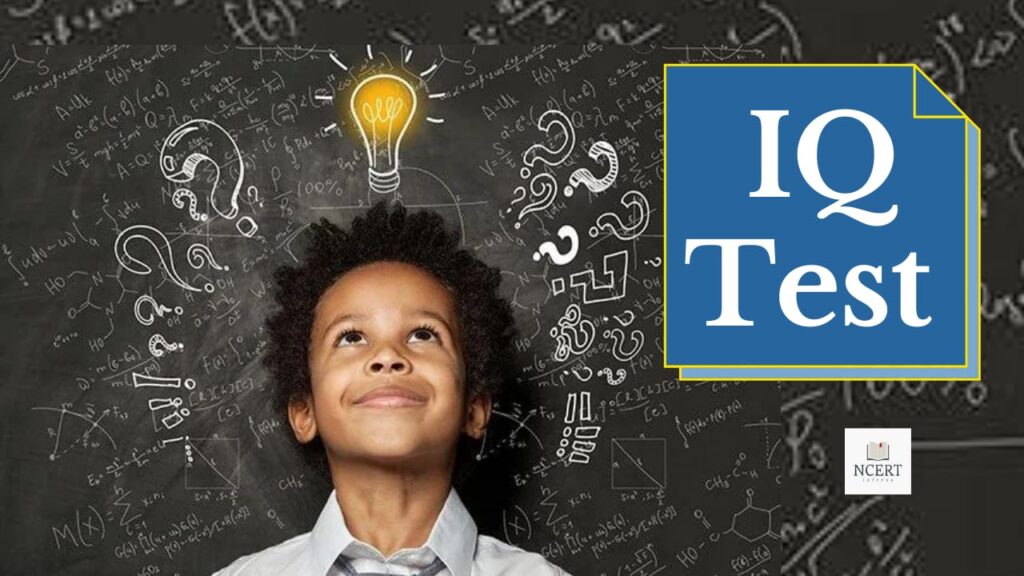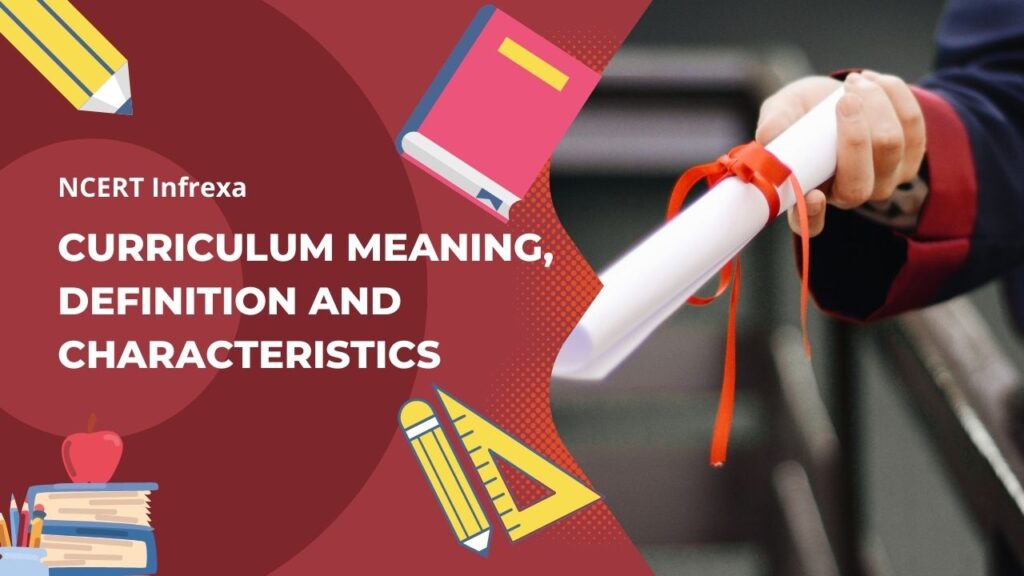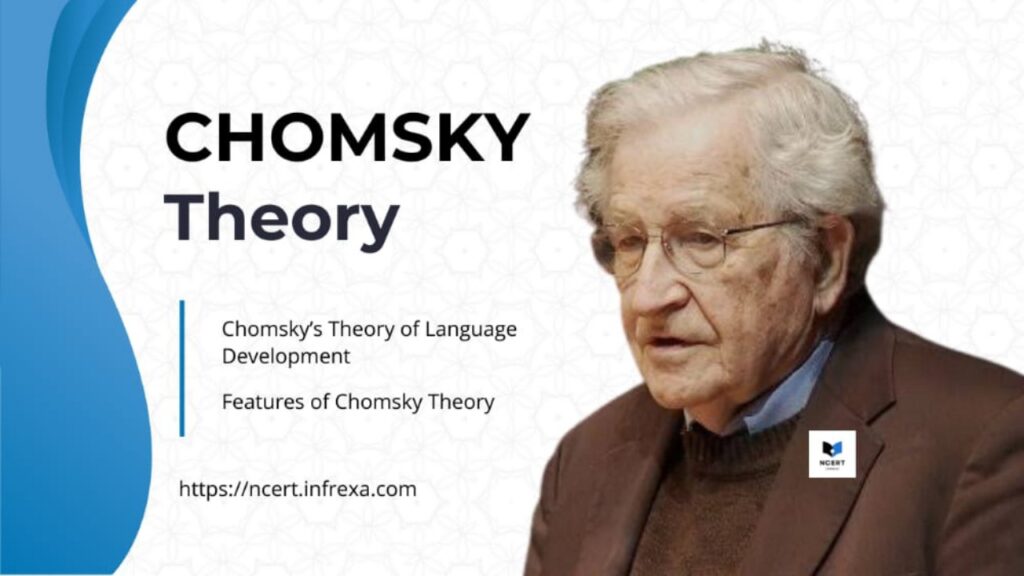An IQ test, or “Intelligence Quotient Test,” is a psychological tool used to assess a person’s cognitive abilities. Developed by Lewis Terman in 1916, this test measures the mental age of an individual and compares it to their actual age to determine their IQ level.
Overview
The IQ test helps identify a student’s mental state and cognitive skills, providing insights into their personality and behavior. It plays a crucial role in education by determining how to best support a student’s development.
How IQ Tests Work
To measure a student’s IQ, the formula developed by Terman is used:
IQ = (Mental Age / Actual Age) × 100
This formula compares a student’s mental age with their actual age to determine their IQ level. Today, various applications are available to easily perform this test.
IQ Test Scores and Their Interpretations
IQ scores are traditionally used to categorize different levels of cognitive ability. However, it’s important to understand that these scores are only one aspect of a person’s overall intelligence and do not define their worth or potential.
For example:
- 90-110: Average intelligence
- 111-120: Above-average intelligence
- 121-139: Highly intelligent
- 140 and above: Exceptionally gifted
Significance of the IQ Test
IQ tests are used not only in educational settings but also in selecting candidates for important positions, such as IAS or IPS officers. These tests help understand a person’s mental state, allowing for appropriate behavioral adjustments and educational interventions.
Role in Education
IQ tests play a vital role in education by identifying students’ capabilities, especially those who may be shy or quiet in class. By understanding their intelligence levels, educators can tailor learning experiences to better meet their needs.
Conclusion
IQ tests are a valuable psychological tool for understanding and supporting students’ cognitive development. By identifying their strengths and areas for improvement through tools rooted in child psychology, educators can help students achieve their full potential.




